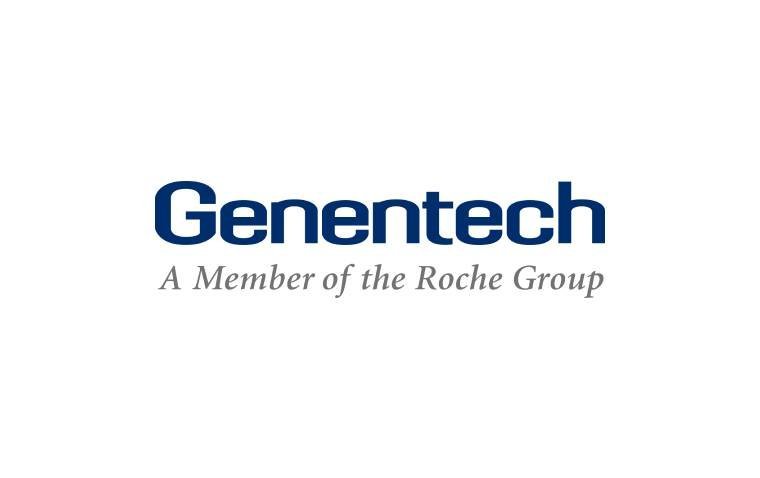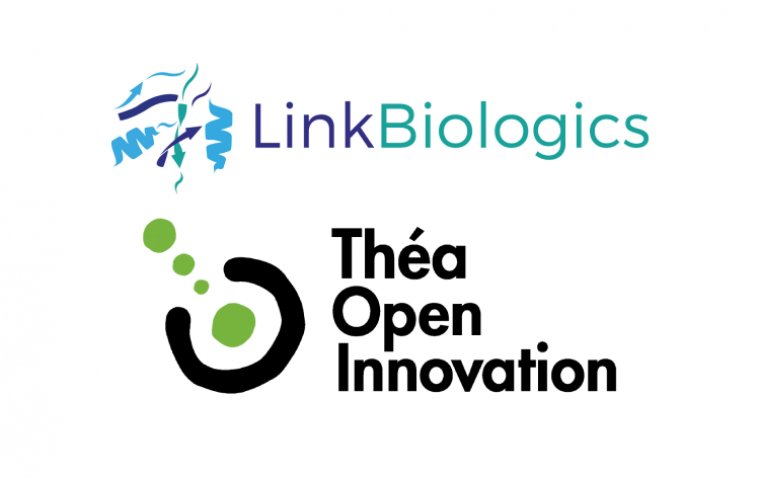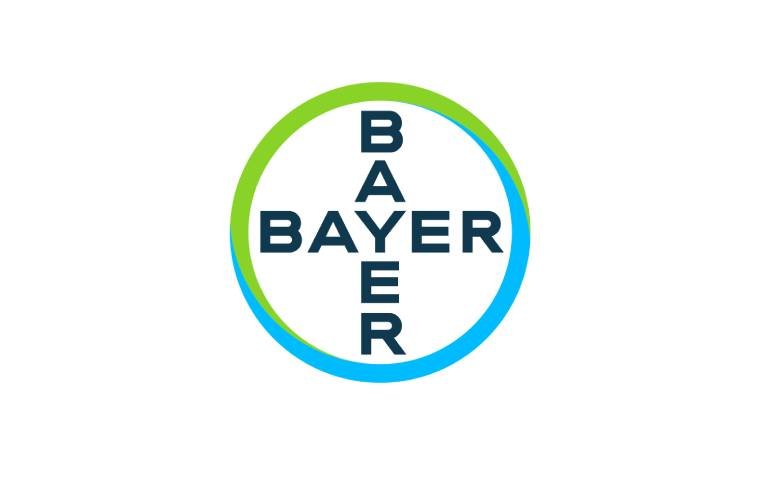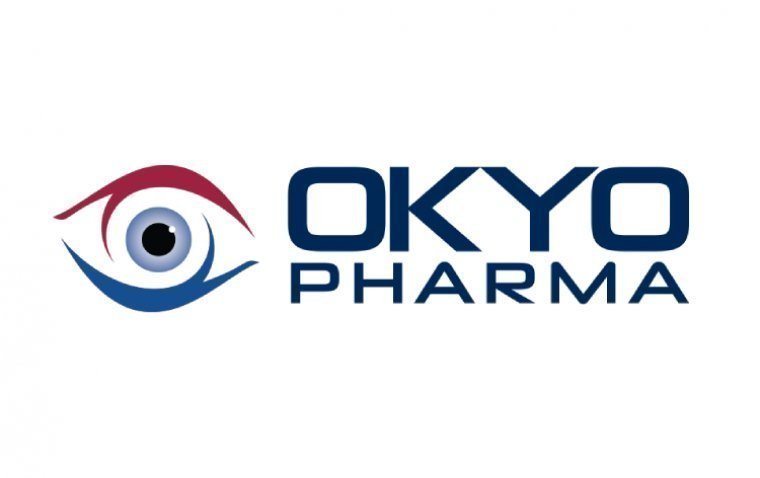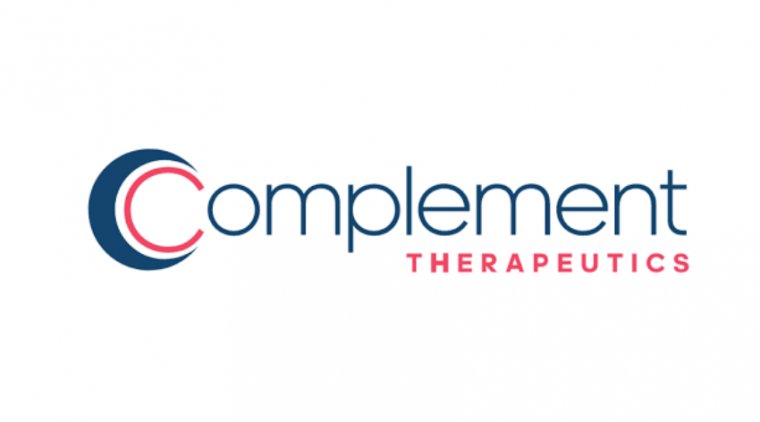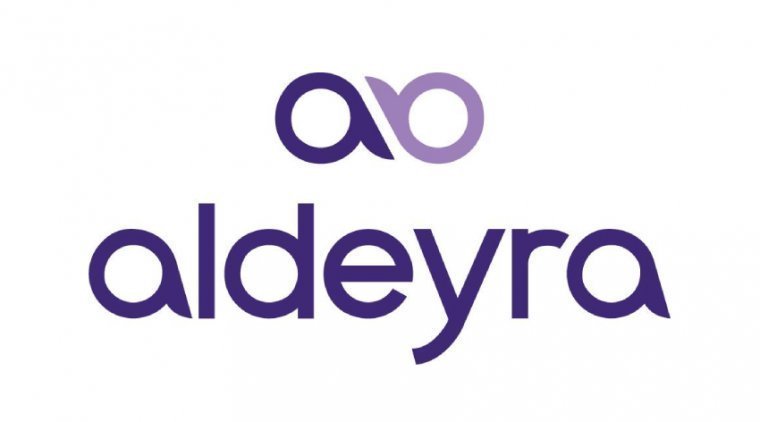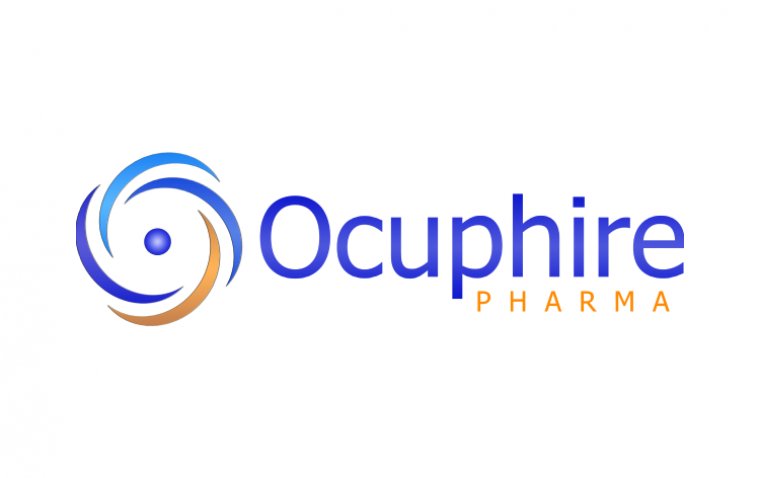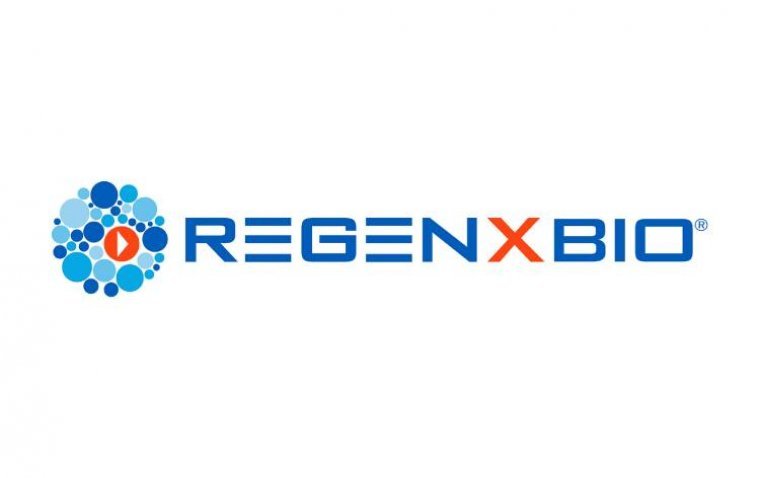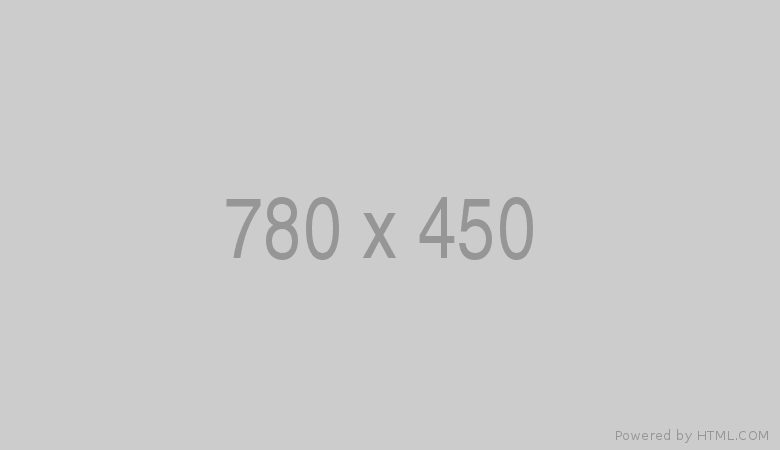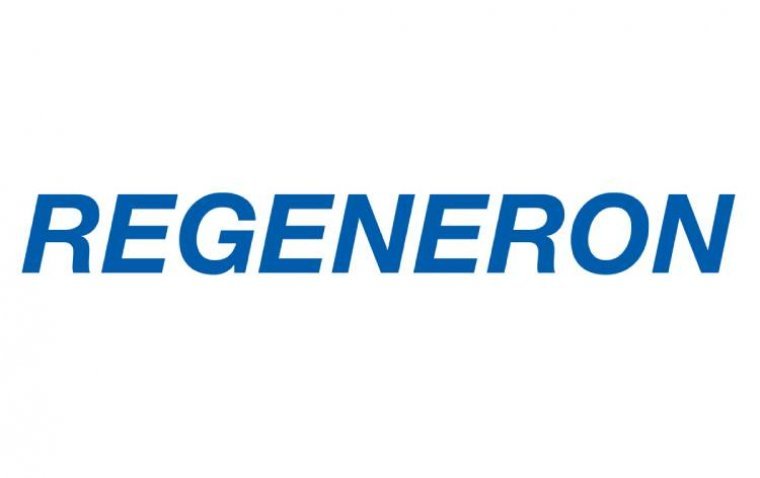
Regeneron Reports Positive Phase 3 Trial Results for EYLEA HD (Aflibercept) 8 mg
Regeneron Pharmaceuticals has announced promising results from two major clinical trials—the Phase 3 QUASAR trial and the extension study of the Phase 3 PULSAR trial—evaluating the efficacy and safety of EYLEA HD (aflibercept) Injection 8 mg. The findings highlight longer treatment intervals and sustained visual benefits, potentially reducing the treatment burden for patients with macular edema secondary to retinal vein occlusion (RVO) and wet age-related macular degeneration (wAMD).
QUASAR Trial: Evaluating EYLEA HD for Retinal Vein Occlusion
The QUASAR trial is a global, double-masked, active-controlled Phase 3 study assessing EYLEA HD in patients with macular edema secondary to RVO, including:
• Central retinal vein occlusion (CRVO)
• Branch retinal vein occlusion (BRVO)
• Hemiretinal vein occlusion (HRVO)
Study Design and Key Findings
Patients were randomized into three groups to receive either:
• EYLEA HD (8 mg) every 8 weeks after 3 initial monthly doses
• EYLEA HD (8 mg) every 8 weeks after 5 initial monthly doses
• Standard EYLEA (2 mg) every 4 weeks
The primary endpoint was mean change in best-corrected visual acuity (BCVA) from randomization through week 36.
At 36 weeks, EYLEA HD met its primary endpoint, with both 8-week dosing groups achieving non-inferior visual acuity gains compared to patients receiving EYLEA (2 mg) every 4 weeks. Additional findings included:
• 88 percent of patients maintained an 8-week dosing regimen after 3 initial monthly doses.
• 93 percent of patients maintained an 8-week dosing regimen after 5 initial monthly doses.
The safety profile of EYLEA HD in the QUASAR trial was similar to standard EYLEA (2 mg) and remained consistent with previous pivotal trials.
Expert Perspective on QUASAR Results
Dr. Seenu M. Hariprasad, Chair of Ophthalmology and Visual Science at The University of Chicago, highlighted the significance of the findings:
“Retinal vein occlusion is the second most common retinal vascular disease. However, the current treatment paradigm of monthly eye injections can make it challenging for patients to maintain their treatment plan, potentially leading to poor adherence and vision loss. Based on these new data, aflibercept 8 mg may offer the potential to halve the number of injections needed, as compared to standard-of-care aflibercept 2 mg and other anti-VEGF therapies.”
PULSAR Trial: Three-Year Data on EYLEA HD for Wet AMD
The extension study of the Phase 3 PULSAR trial evaluated the long-term efficacy of EYLEA HD in patients with wet age-related macular degeneration (wAMD).
Key results showed that the vast majority of patients sustained visual and anatomic improvements achieved by the end of the second year while also benefiting from extended treatment intervals.
Patients Switching to EYLEA HD Showed Sustained Benefits
Patients initially treated with EYLEA 2 mg every 2 months (after 3 initial monthly doses) had the option to enter the extension study at week 96, where they were switched to EYLEA HD every 3 months.
Among those who completed the study (n=186):
• 79 percent of patients sustained vision and anatomic benefits with a ≥3-month dosing interval.
• 43 percent of patients maintained their improvements with a ≥4-month dosing interval.
Expert Perspective on PULSAR Results
Dr. W. Lloyd Clark, Assistant Clinical Professor of Ophthalmology at the University of South Carolina School of Medicine, emphasized the impact of these findings:
Patients with wet age-related macular degeneration are older and often need assistance in getting to their doctors’ offices. Reducing their treatment burden can be transformative for their care. Impressively, the latest three-year EYLEA HD results show a substantial portion of patients were able to sustain visual and anatomic benefits with only two doses a year. This adds yet another notable piece of evidence to an already remarkable body of data supporting EYLEA HD.”
Regeneron and Bayer AG’s Commitment to Advancing Treatment
EYLEA HD (known as Eylea 8 mg in the European Union and Japan) is being jointly developed by Regeneron and Bayer AG. These latest results reinforce EYLEA HD’s potential to extend treatment intervals, offering a significant reduction in injection frequency while maintaining strong visual and anatomic outcomes.
(1).jpg)
